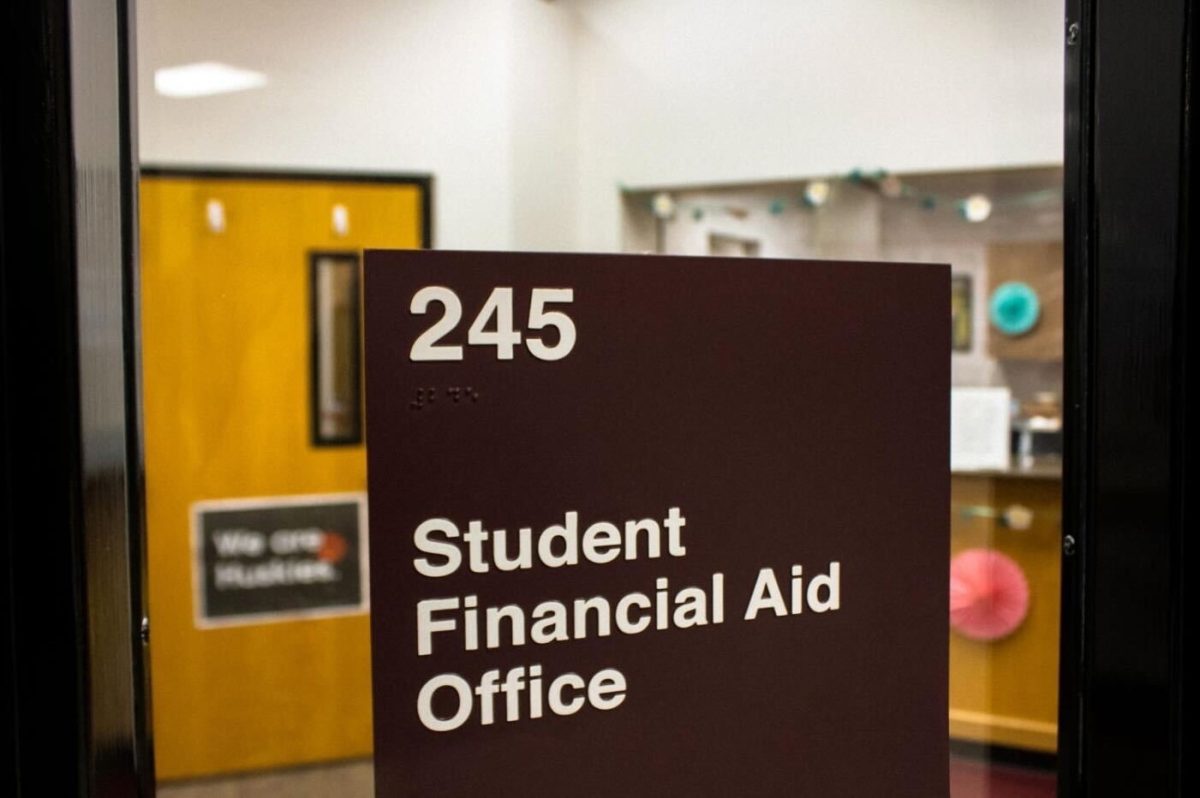Although planning and preparation are always good practices, this year I believe they should be considered especially necessary.
Establishing personal financial awareness is the first step, and there are multiple resources dedicated to helping students with this process. Now is not the time to become uninvolved, but to prepare as early as possible for what may be ahead.
The One Big Beautiful Bill Act (OBBBA) is a statute that was signed into law on July 4. It contains multiple tax and spending reforms. It also introduces other new policies related to the federal budget.
Some changes within OBBBA are specifically related to students in higher education. All of the information regarding its implementation is not readily available yet. This means that students and their families must watch out for official communications by becoming aware of how and where they will be released and consistently checking those channels.
At NIU, the Financial Aid and Scholarship Office has posted a statement regarding OBBBA on their website under Federal Student Aid Changes.
Anne Hardy, assistant vice president of student financial assistance, detailed how students can be more aware about financial aid resources.
“New legislation has been passed regarding student loan repayment options, but we are still waiting for further guidance from the U.S. Department of Education. NIU has partnered with Ascendium Education Solutions and their repayment support team,” Hardy said. “They can answer your federal student loan questions and help you find and implement an affordable repayment plan. There are numerous scams taking advantage of students, and we want to make sure you know Ascendium is a trusted resource. You can contact their Student Loan Success Center at 833-707-1220.”
Hardy explained how students can get into contact with the Financial Aid office.
“Students are welcome to stop into the Financial Aid and Scholarship Office in Swen Parson Hall 245, Monday through Friday, 9 a.m. to 4 p.m., to speak with one of our financial aid advisors. No appointment is needed,” Hardy said. “If you prefer a virtual appointment, you can schedule one at go.niu.edu/SFAS. Our team can answer your questions, help guide you through completing the FAFSA or Alternative Application for Illinois Financial Aid and direct you to other helpful resources.”
Hardy also mentioned how the financial aid office releases information and updates to students.
“The Financial Aid and Scholarship Office monitors all federal and state updates regarding financial aid changes. When we come across new policies that will directly impact our students, we will post a message on our website. We will send emails and text messages if there is something urgent such as an upcoming deadline,” Hardy said.
Students should assess their individual financial situation early to determine whether or not they will be affected by changes. If students do not become aware of which changes affect them, they cannot prepare accordingly.
Students should also prioritize applying for aid and scholarships. The earlier these applications are filled in, the better. This is because the funding sources eventually become used up.
Hardy explained how students should apply for FAFSA and the Illinois MAP grant.
“We encourage all NIU students to monitor your NIU email account frequently so that you don’t miss important messages. If you are an undergraduate student and you have received or are eligible to receive a state of Illinois MAP grant, please be aware that the deadline for this grant has been earlier than in past years,” Hardy said. “The 2026-2027 FAFSA and Alternative Applications will be open on Oct. 1, and we encourage you to fill out your application as soon as possible so you can be considered for the maximum amount of financial aid.”
It is absolutely clear students will need to take advantage of the resources Hardy mentioned – such as federal student loan counseling – as early as possible to avoid foreseeable obstacles in the future. If students do not take steps to become aware of their personal finances, especially regarding the new policies surrounding their student loans and financial aid, then they could be more surprised by and unprepared for possible changes later on.
This mindset should also apply to students’ families. A few of the principal concerns for families have already been voiced online. Luanne Lee, a college financial planning specialist, discussed her thoughts with scholarship coach, Dave Peterson, in a conversation on his Scholarship GPS podcast.
“I think a lot less students will be going off to college in a couple of years because it’s going to be so difficult to get the proper education between savings and pay-as-you-go and the borrowing,” Lee said.
Lee also believes that families of multiple students who currently rely on programs such as Parent PLUS and Grad PLUS to fill the gaps in their student’s educational costs should be taking extra considerations into account. Lee poses a question for families of multiple students to ask themselves.
“If we put on all of our debt ratio for our oldest, is there going to be any borrowing power left for the younger kids?” Lee asks.
Families can follow the same guidelines as their students to stay on top of newly released information. Additionally, families can insist on involvement with their student’s financial planning process. This means that families can regularly initiate open conversations, attend or encourage counseling sessions, and repeat reminders for their students.
Not all students will be affected by these federal policy changes, and it should be reiterated that not all information regarding implementation is available right now.
Altogether, financial awareness is much more important in the wake of OBBBA. Students must begin efforts to become individually informed as early as possible to prepare for change.















